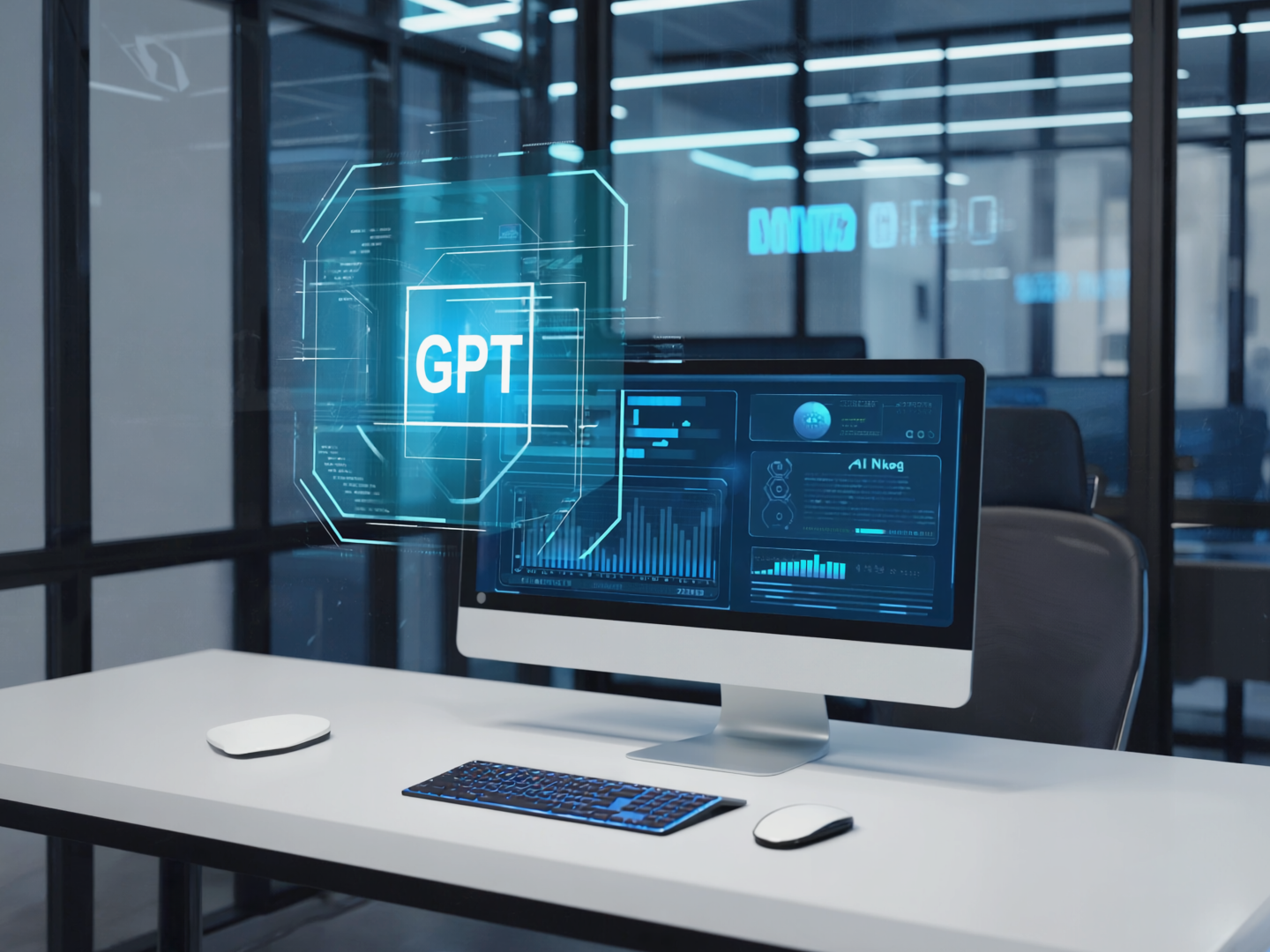
Power Prompting with GPT-4
Power Prompting with GPT-4: Unlocking Medical Expertise
Introduction
In the ever-evolving landscape of artificial intelligence (AI), the quest for artificial general intelligence remains a pinnacle aspiration. Foundation models such as GPT-4 have made significant strides in demonstrating their versatility across various domains. However, a lingering question persists: can generalist models truly compete with specialized ones in complex fields such as medicine? Traditional wisdom suggests that without extensive task-specific training, generalist models fall short. Yet, recent advancements in prompting strategies challenge this notion, offering new insights into the latent capabilities of models like GPT-4.

Key Points and Analysis
The study at the heart of this revelation focuses on innovative prompt engineering techniques that enhance GPT-4's performance in the medical domain. Dubbed "Medprompt," this approach employs a combination of dynamic few-shot selection, self-generated chain-of-thought reasoning, and choice shuffle ensembling. These techniques not only guide GPT-4 to excel on medical challenge benchmarks but also surpass the performance of specialist models like Med-PaLM 2.
A standout achievement of Medprompt is its performance on the MedQA dataset, which simulates the United States Medical Licensing Examination (USMLE). Remarkably, GPT-4 achieved an accuracy of over 90%, a first for any model on this benchmark. Moreover, GPT-4's ability to autonomously generate superior chain-of-thought prompts, even better than those crafted by medical experts, underscores the transformative potential of prompt engineering.
Industry Impact and Applications
The implications of these findings extend far beyond the realm of theoretical research. In healthcare, where precision and expertise are paramount, the ability to harness the power of generalist models like GPT-4 could revolutionize diagnostics, treatment planning, and medical education. By leveraging strategic prompting, healthcare professionals can tap into a wealth of knowledge without the need for costly, domain-specific fine-tuning.
Furthermore, the Medprompt approach offers a scalable solution that can be adapted across various fields. Industries such as finance, law, and education stand to benefit from similar prompting strategies, allowing generalist models to exhibit specialist capabilities tailored to specific needs.
Future Implications
The success of prompt engineering in unlocking specialist capabilities from generalist models signals a paradigm shift in AI development. As these techniques continue to evolve, they hold the potential to reduce the reliance on domain-specific training data, making AI solutions more accessible and cost-effective. This democratization of AI expertise could lead to unprecedented advancements across numerous industries, driving innovation and efficiency.
Moreover, as models like GPT-4 become more adept at introspective capabilities, the line between generalist and specialist models may blur, paving the way for more holistic AI systems that can seamlessly transition between diverse tasks and domains.

Conclusion
The exploration of power prompting with GPT-4 underscores the immense potential of strategic prompt engineering. By unlocking the latent capabilities of generalist models, we open the door to a new era of AI-driven innovation. The Medprompt approach exemplifies how prompt engineering can transform a generalist foundation model into a specialist powerhouse, offering valuable insights and solutions across industries.
At Aetheis, we stand at the forefront of this exciting frontier, leveraging cutting-edge prompt engineering methodologies to empower our clients and drive breakthroughs. As we continue to explore the possibilities of AI, the insights gained from studies like these will undoubtedly shape the future of technology and its applications in the real world.
aecenas sollicitudin purus id leo vehicula lacinia quam vulputate dapibus fermentum metus, nec euismod nulla dapibus nasac metus nunc rabitur euntum




